Imagine a blue spandex suit accompanied by a red cape, a short plaid skirt matching a plaid blazer, or a pink dress complemented by a pair of pink heals and a pink handbag – whether people realize it or not, outfits stick in our memories and are usually associated with either specific characters or character types. Essentially, a costume can make or break a character in a film or play.
When we think of films or plays, we immediately think of the actors and maybe even the director, but the behind-the-scenes heroes are often overlooked. Costume designers are a vital part of bringing a story to life, and it takes a lot of meticulous research and precious time to facilitate in portraying each and every individual character of a story.
“Careful costume choices determine whether or not the story is believable. Audiences are a lot smarter than we give them credit,” commented British-Egyptian costume designer Dina El-Aziz.
“It’s all subjective of course, but if the clothing doesn’t line up with the character’s personality or circumstance, an audience could easily disconnect,” she explains.
After having completed her studies at the American University in Cairo (AUC) with a double major in Communication and Media Arts (CMA) and Art, El-Aziz went on to obtain her MFA in Design for Stage and Film at New York University’s (NYU) Tisch School of the Arts.
“I grew up in England, so in secondary school I had a little bit of experience with sewing because of a textile technology class that I took, and afterward a textile art class during A-levels,” she reminisces, “I briefly considered fashion design for university.”
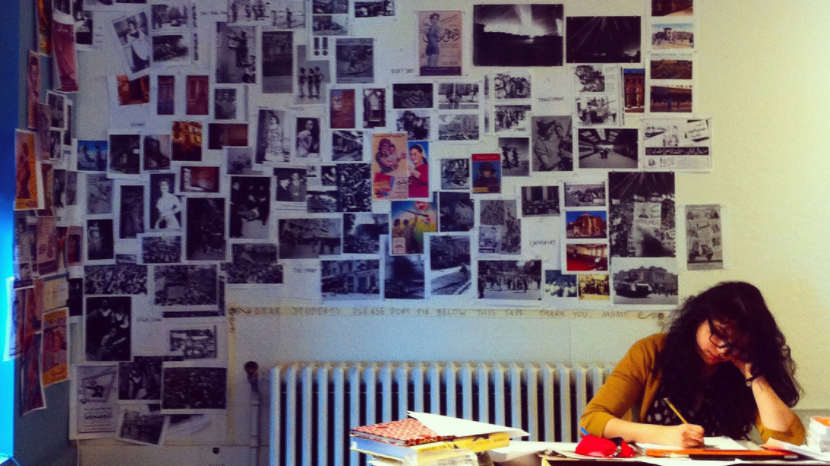
It wasn’t until her university days at AUC however, that El-Aziz found her true calling. The young art enthusiast was introduced to the world of costume design through her then art teacher Jeanne Arnold, who also happened to be the theatre department’s costume designer at AUC.
“I decided to start helping out in the costume shop and backstage, and eventually worked my way up to designer,” El-Aziz says.
Following her graduation from NYU, El-Aziz has already designed countless shows around New York City (NYC) – where she currently resides – for both stage and film. “Sometimes [my design process] varies by show or medium,” she explains, “there’s more time in theatre to research and sketch, but often with film (but not always) I end up collaging ideas for the characters.”
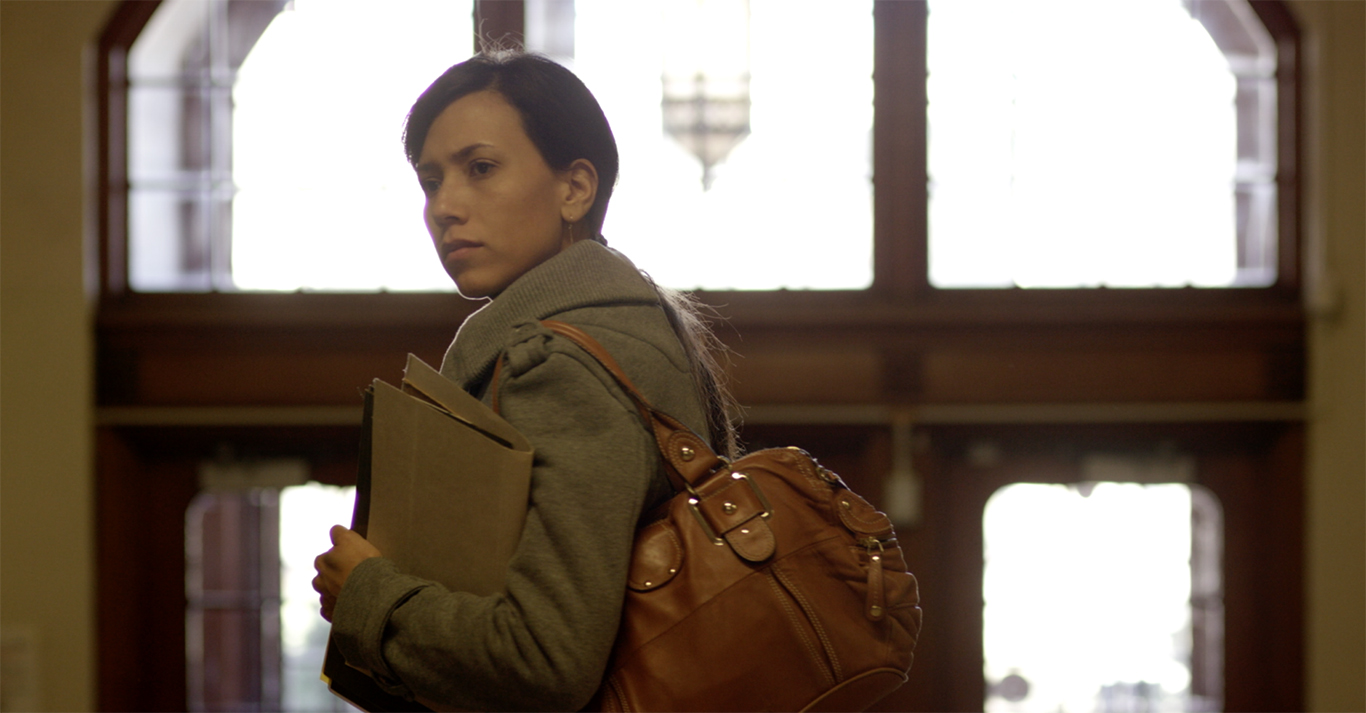
The costume designer goes on to further explain the differences in designing for theatre and film by saying, “in theatre, we spend days tech-ing the show and making changes when needed, but with film changes happen on the spot on set. I walk away when the play freezes or opens, but with film I’m there until it wraps.”
As opposed to the bustling arts sector of New York City, Cairo is not a particularly arts-centric city. Although the arts are very much alive and well in Egypt, the way things work in the film and theatre fields here are greatly different than that of NYC. One of these differences happens to be the presence – or lack thereof – of a costume designer.
Costume design is not a widely spread job title in Egypt’s film and television world, as they mostly rely on ‘stylists’ as opposed to actual ‘costume designers’. Costume design might be a little more present in Egypt’s theatre scene – which in itself isn’t too vast – however, even in the case of theatrical productions, especially those of low-budget, the need for a costume designer isn’t always necessary.
Perhaps in the past, Egypt replied more heavily on costume design, but as time progressed, the job entailed styling more so than actual designing. Even nowadays, well-known costume designers in Egypt – such as Reem El-Adl – are more popularly known as stylists as opposed to costume designers. The main difference between these two terms is that styling does not necessarily mean designing an outfit from scratch, but rather picking bits and pieces that go well together for the character; whereas designing entails an entire research, sketching/designing and creating process.
El-Aziz however, expresses her desire to perhaps one day return to Egypt and work in the field back in her home country.
“My original plan had been to return because I loved living in Egypt, and I harbor secret (or not so secret) dreams of working on a period Ramadan series,” she says, “but I realized I did not have enough connections in the industry.”
“If I could go back in time, I would reach out to people to collaborate and gain experience. I didn’t understand the value of networking until I decided to take the Optional Practical Training (OPT) year that is offered to students on an F1 visa,” explains El-Aziz, as she now sees how networking is key when it comes to her industry, “by the end of OPT, I had so many more connections in NYC that it felt right to stay, but I am continuously dreaming of working in Egypt one day – or back in England even.”
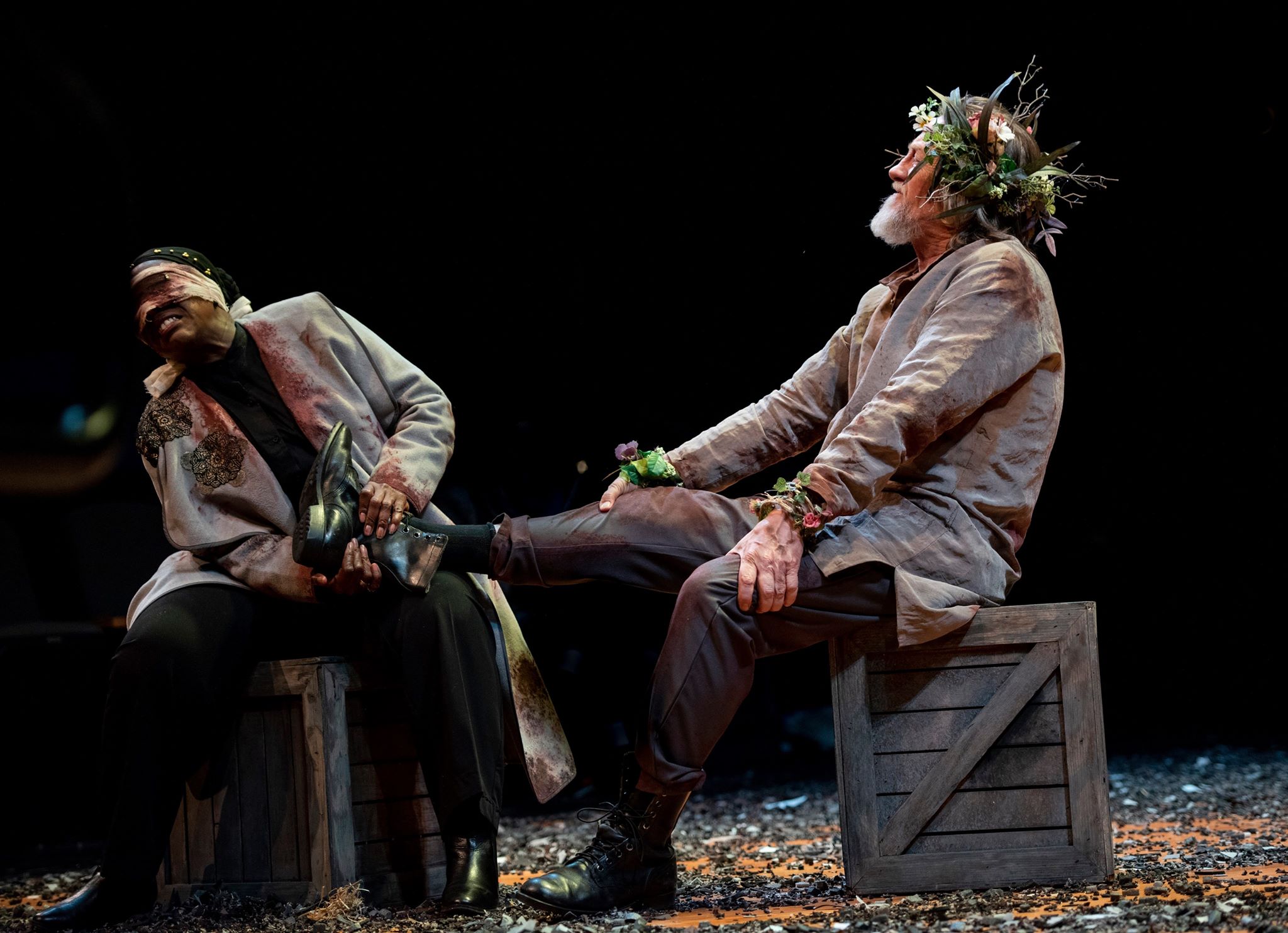
Nevertheless, El-Aziz has gone on to leave her mark as a designer in NYC with an impressive portfolio under her belt. She is also very successfully paving her own way as a Middle Eastern woman working in NYC’s film and theatre industry, constantly proving that one’s ethnicity or race should not be a determining factor in one’s level of talent or competency.
“I am super proud of the body of work I have, particularly my MENASA (Middle Eastern, North African, South Asian) shows,” El -Aziz says, “I know it’s not true for everyone in Egypt, but for a lot of women there’s this societal expectation that [women] should stay home and wait for a husband and have multiple children – and there’s nothing wrong with that if it’s your choice – so to be able to show that there are other successful avenues for Egyptian women is very rewarding.”
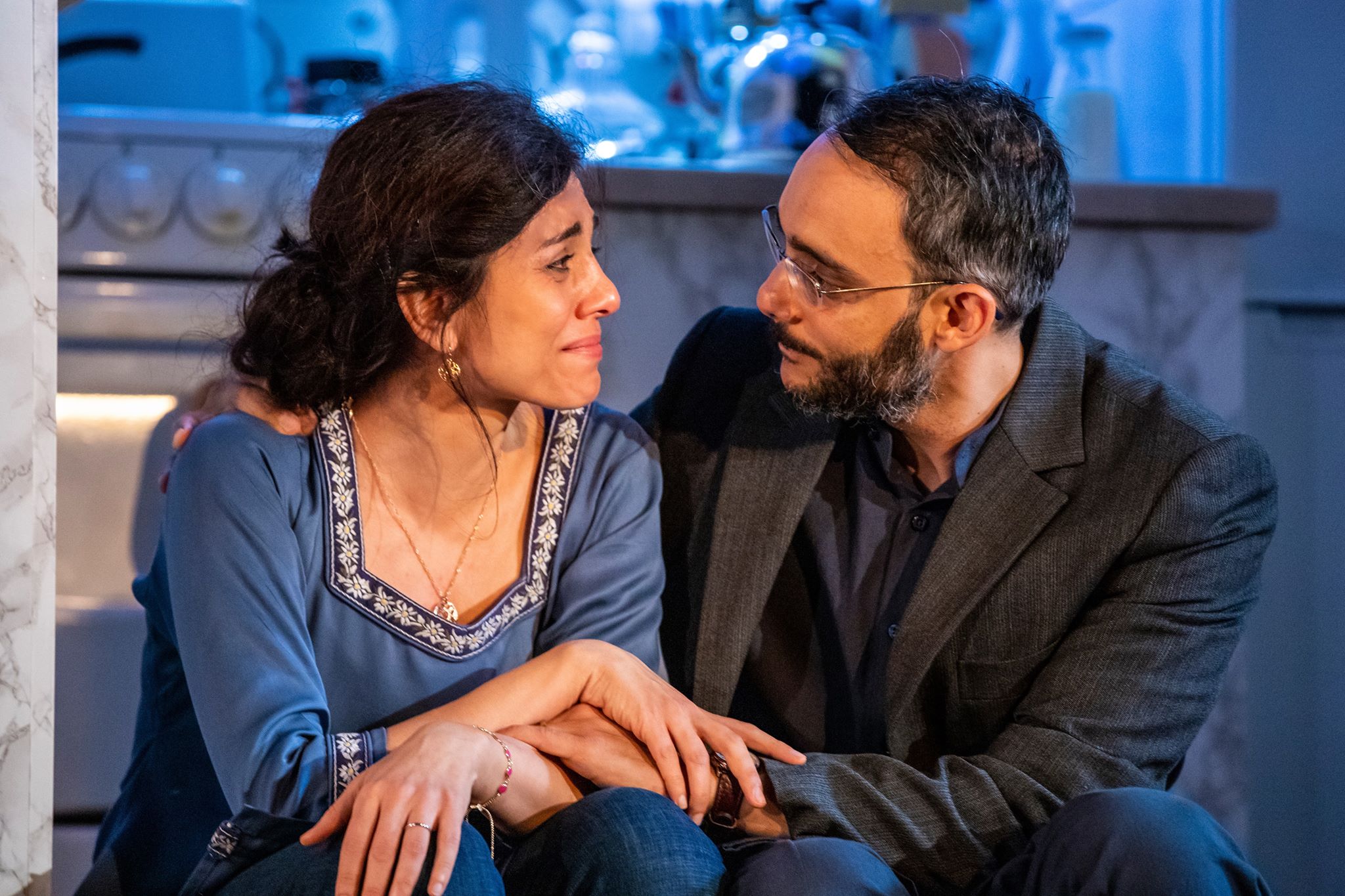
Although having been faced with inevitable challenges as a result of her ethnicity in her earlier years as a costume designer in NYC, EL-Aziz persevered through saying, “It was hard in the early years, even now because you often feel that your race is something that is slowing you down.”
She goes on to say that, “It’s a much longer conversation, but basically you don’t always get as many opportunities as your white American counterparts. It took me a long time to push past that and keep going, but I am always mindful of it.”
Ultimately, El-Aziz lets her work speak for itself. After years in this line of work, the young costume designer understands and appreciates the necessity of the network and community she has built around herself in NYC. Although she is still rooted to her Egyptian heritage, and yearns to explore her field further back home. El-Aziz keeps an open mind and heart when it comes to her work saying, “wherever life takes me, really. As long as I have work I’m happy.”




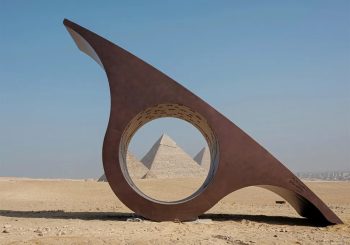

Comments (0)